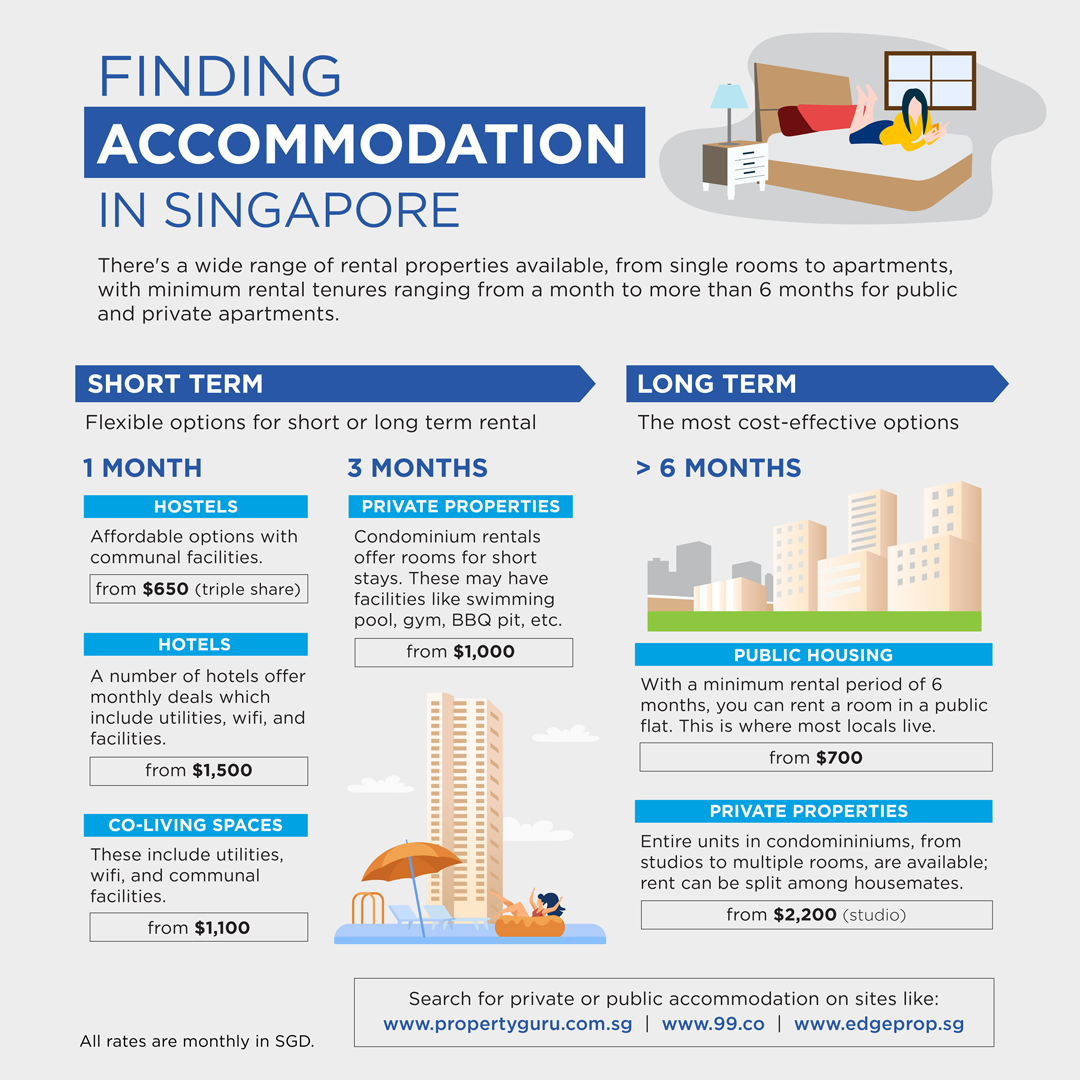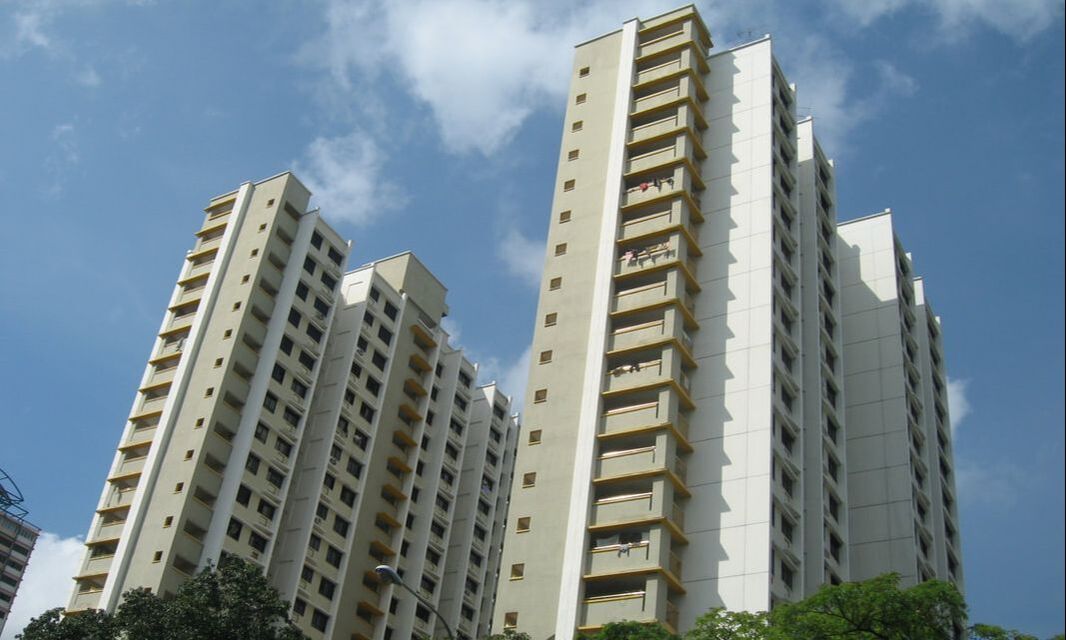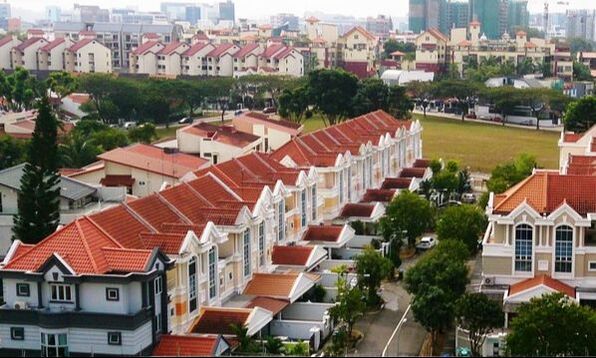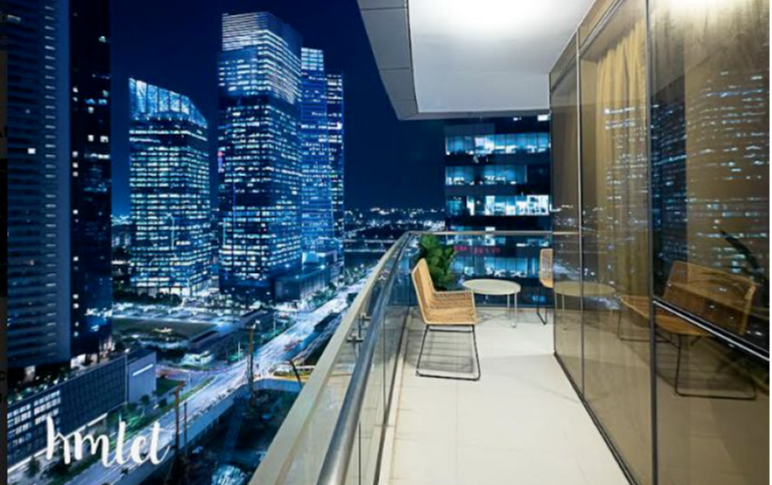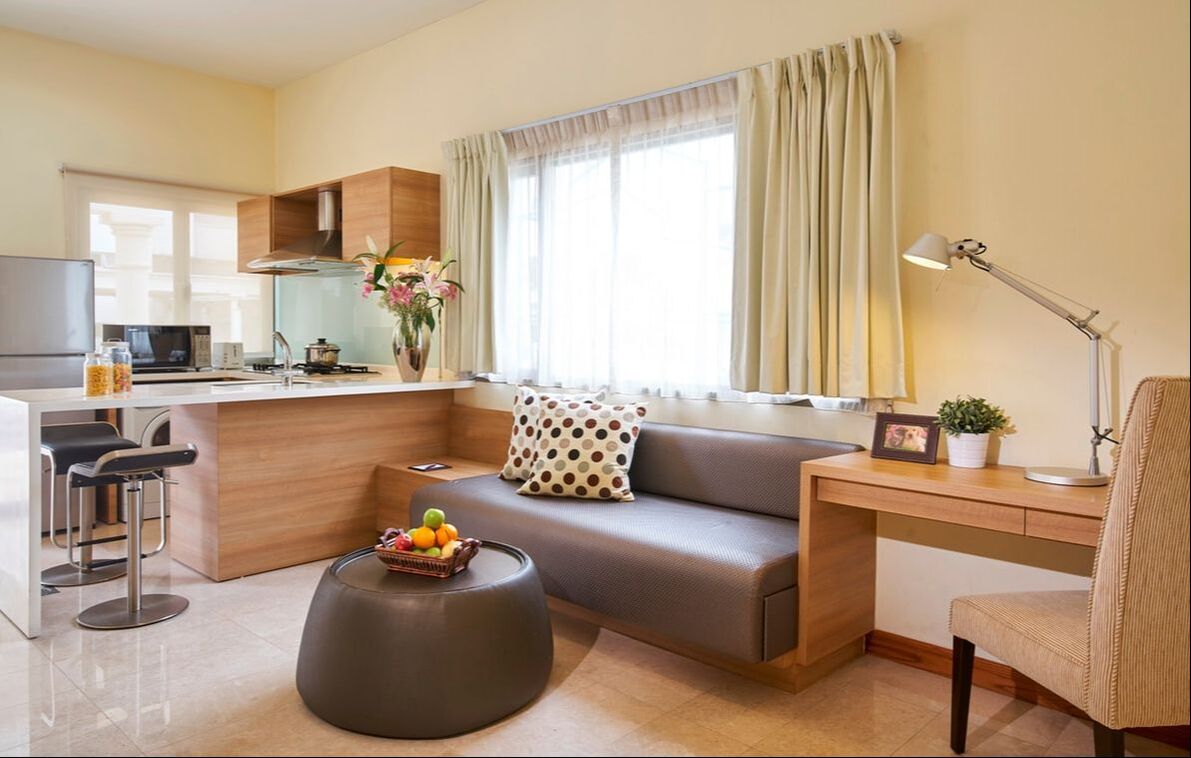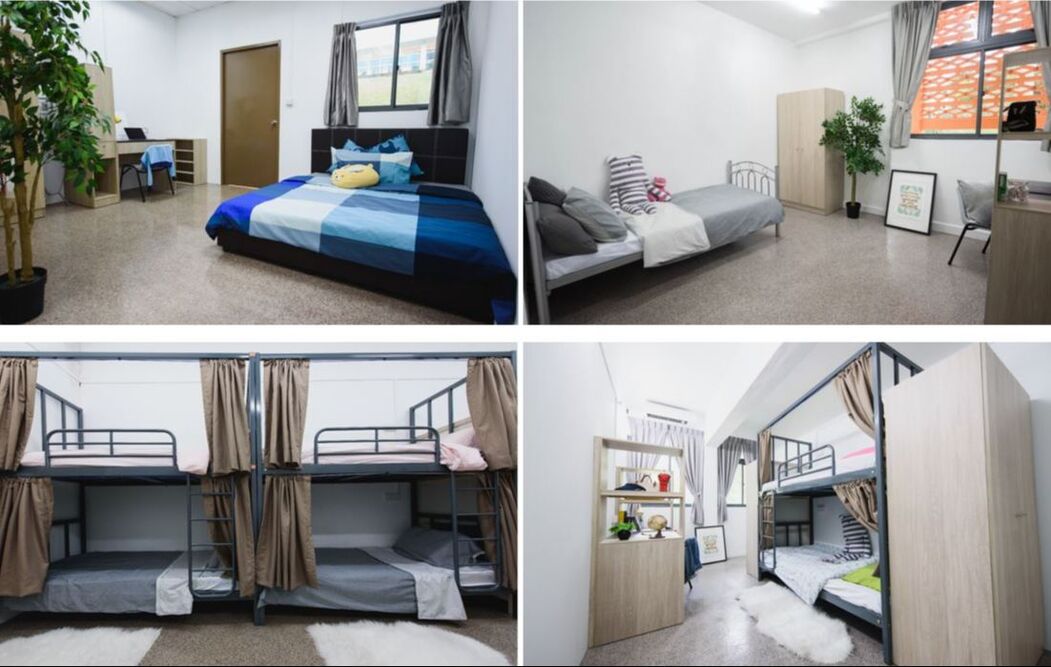What does HDB stand for? What is a landed property? Here's a quick summary of the property types available in Singapore, which answers these questions and introduces you the local property jargon.
AirBnB alert: AirBnB rental is illegal in Singapore. Authorities have the right to force their way into private homes to check whether residents are renting them out illegally and you could be evicted at any time during your stay.
AirBnB alert: AirBnB rental is illegal in Singapore. Authorities have the right to force their way into private homes to check whether residents are renting them out illegally and you could be evicted at any time during your stay.
|
HDB Flats
85% of Singapore residents live in these Housing Development Board (HDB) flats built by the Singapore government. Though, classified as public housing, the standards are much higher than what you would find in the UK or France. Rooms go for as little as S$600 per person. The best part is HDBs have a host of amenities within walking distance - MRT stations, bus stops, markets, supermarkets, shopping malls, and sports facilities.
Pros: Cheap, near amenities and public transportation Cons: Must live with a landlord, rental duration must be more than 6 months 12% of ESSEC students live in HDBs |
Condominiums
Condos are the favourite place for expats to stay. They are private apartments that offer many facilities such as gardens, rooftops, swimming pools, tennis courts, gyms, KTV (karaoke rooms) and BBQ areas. This is the main advantage of living in a condominium, but you pay a higher rent. You can rent either a master bedroom (with en-suite bathroom) a common room or a whole apartment. For rental rates of condos, please click here
Pros: Privacy, minimum rental duration of 3 months, wide range in budget and offerings Cons: Expensive, a little further away from amenities and public transportation 85% of ESSEC students live in condos |
Landed Properties
Landed property or houses are common in most parts of the world. But in land scarce Singapore, only the wealthiest segment of the society and those who inherited them live there, which is less than 5% of the population.
Types include bungalows, semi-detached houses, terrace houses, shop-houses, cluster houses and townhouses. Pros: Privacy, minimum rental duration of 3 months, wide range in budget and offerings Cons: Expensive, usually further away from amenities and public transportation A handful of ESSEC students live in landed properties |
|
Co-Living
Co-living is the trend of living with many other people in one space that encourages its residents to interact and work together. They are most often managed by companies and have popped up in response to the huge number of young people moving to expensive cities in search of work. Co-living is a new kind of modern housing where residents with shared interests, intentions, and values share a living space where they're almost like a big family.
Co-living is built on the concept of openness and collaboration, with the residents often sharing similar philosophical values. Pros: Privacy, minimum rental duration of 3 months, wide range in budget and offerings Cons: Expensive, usually further away from amenities and public transportation At ESSEC AP, co-living and condos are grouped together |
Serviced Apartments
Serviced apartments are self contained apartments available to rent from as short as one night to over a year. They are 100% dedicated, professionally-operated apartments that have their own guest services and maintenance teams.
As a bare minimum, serviced apartments are fully furnished and equipped. All you need is your luggage. Towels, ben linen, Wi-Fi and TV subscriptions, utility bills, regular house-keeping and an on-call maintenance team are all taken care of and included in one simple nightly or monthly rate. No big contracts and no hefty deposits. Pros: Privacy, minimum rental of 1 week, luxury living Cons: Expensive, usually further away from amenities and public transportation 1% of ESSEC students live in serviced residences |
Hostels
The least expensive option you can consider in Singapore. For about SGD 500 to 700 per month, you can share a room with another student. However, you usually have to share the bathroom with other students and are not allowed to cook. Think of it as a very interesting way to save some money in order to invest in other activities, but there is little privacy. Hostel rooms are recommended for short stays, i.e. 3 months or less. They could also come in handy if you are planning to find housemates after arriving in Singapore.
Pros: Cheap, near amenities and public transportation, minimum rental of 1 week Cons: Standards may not be as high as the other options and lack of privacy A handful of ESSEC students live in hostels |

